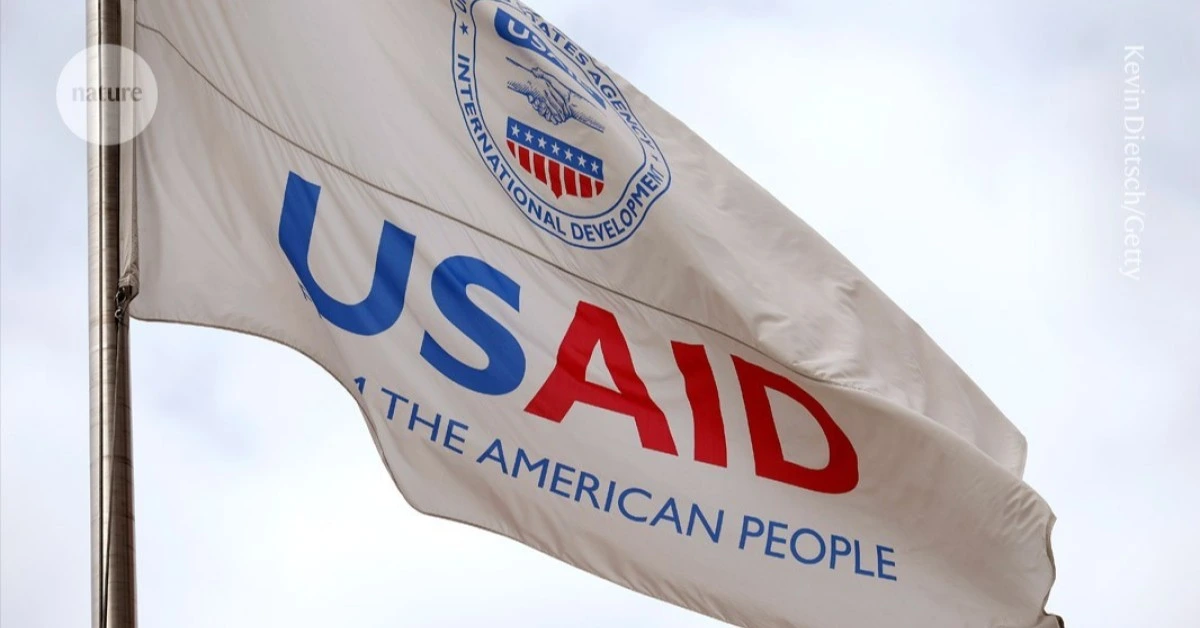
AFRICA – HIV treatment and prevention programmes across Africa have been severely affected after the U.S. government terminated thousands of global health projects.
These cuts impact life-saving initiatives funded by the U.S. Agency for International Development (USAID) and the President’s Emergency Plan for AIDS Relief (PEPFAR), leaving millions at risk.
HIV programs shut down
The Elizabeth Glaser Paediatric AIDS Foundation (EGPAF) was forced to close HIV treatment programmes in Lesotho, Eswatini, and Tanzania, affecting 350,000 patients, including 10,000 children.
In Uganda, the Baylor College of Medicine Children’s Foundation, which supported HIV, tuberculosis (TB), and maternal health services, has also been shut down.
South Africa, home to the world’s largest HIV burden, with eight million people living with the virus, has lost all 44 USAID-funded HIV programs.
These include services for mother-to-child transmission prevention, key populations, and hospice care.
Many of these groups serve marginalized communities that avoid traditional health centres due to stigma.
Widespread cuts to global health aid
The U.S. Trump administration has cancelled nearly 10,000 global health projects, including:
Additionally, U.S. funding for the Joint UN Programme on HIV/AIDS (UNAIDS) has been cut. The move has disrupted malaria prevention, affecting 53 million people, mostly children, by halting the supply of bed nets, diagnostics, and treatments.
‘Chaos and disaster’ for African health systems
African public health leaders describe the cuts as “chaos” and “disaster.” South African HIV organisations have called on their government to step in.
Fatima Hassan, head of the Health Justice Initiative, urged the government to issue compulsory licenses to make antiretroviral drugs more affordable, arguing that the U.S. has “done the worst to us.”
Dr. Lynne Wilkinson, a public health expert, warned that South Africa’s HIV testing, data collection, and TB awareness efforts will suffer.
USAID funds also supported organizations fighting gender-based violence. While South Africa receives 17% of its HIV budget from PEPFAR, countries like the Democratic Republic of Congo (89%), Mozambique (60%), and Tanzania (60%) are far more dependent.
Legal battle over aid termination
U.S.-based HIV program AVAC has called the blanket termination of USAID grants illegal. AVAC head Mitchell Warren stressed that while the U.S. government has the right to amend contracts, the complete freeze on funding violates legal processes.
A federal judge initially ordered USAID to release US $1.5 billion in frozen funds, but the U.S. Supreme Court has placed a temporary hold while reviewing the case. A hearing is expected next week in Washington.
“This isn’t just about PEPFAR or HIV,” said Warren. “It’s about the rule of law. Congress controls funding, and the executive branch must implement it. Instead, they are dismantling everything.”
XRP HEALTHCARE L.L.C | License Number: 2312867.01 | Dubai | © Copyright 2025 | All Rights Reserved